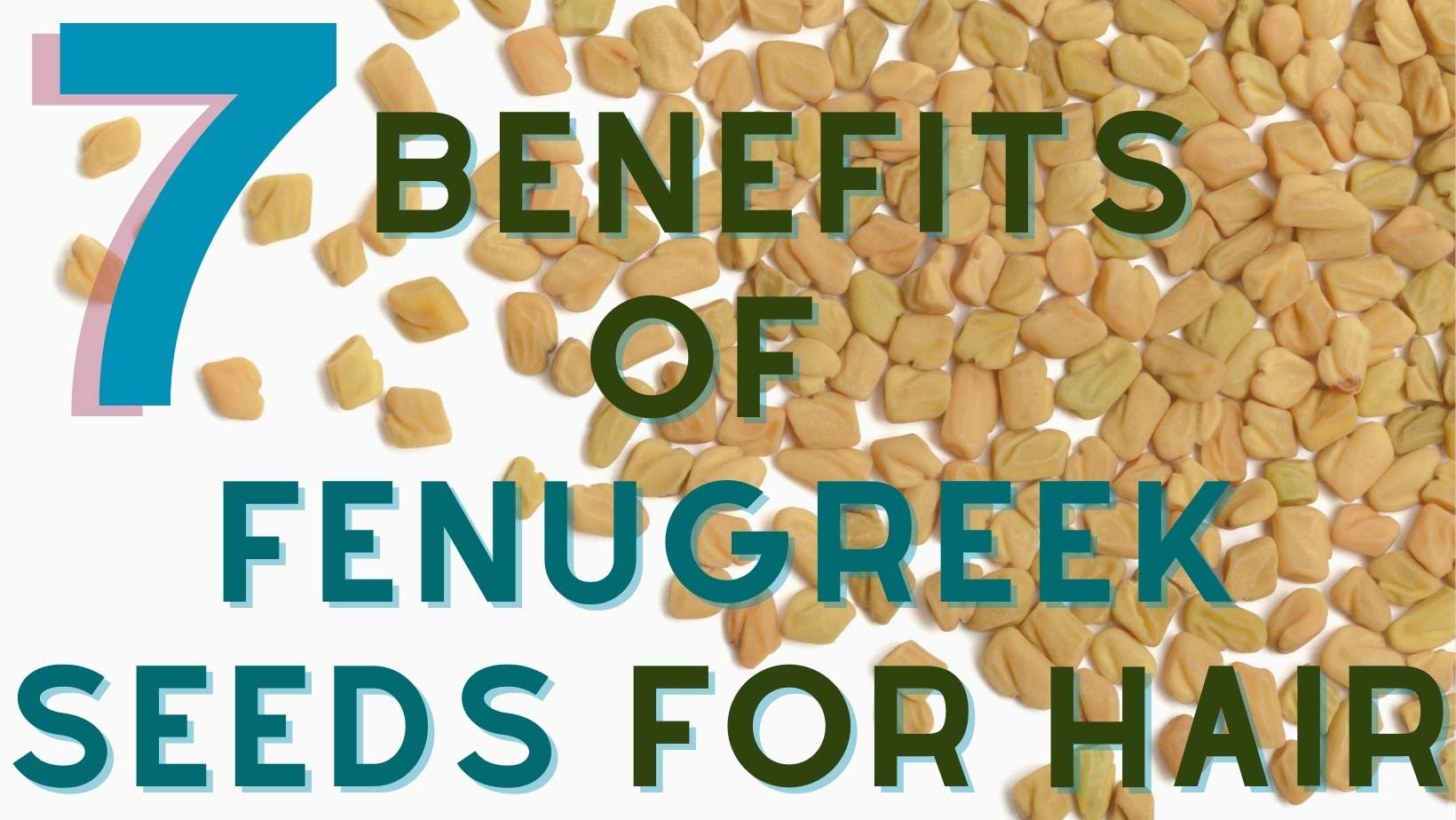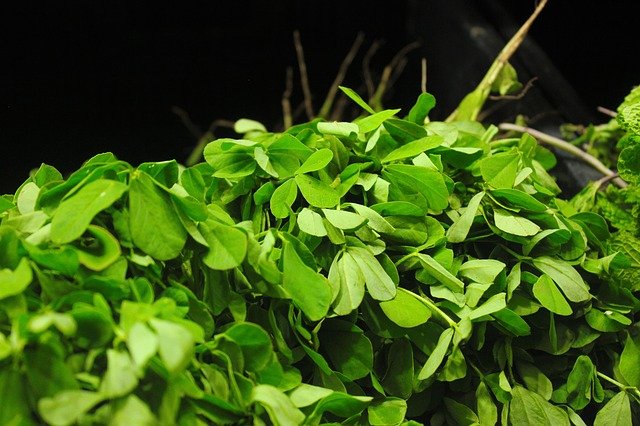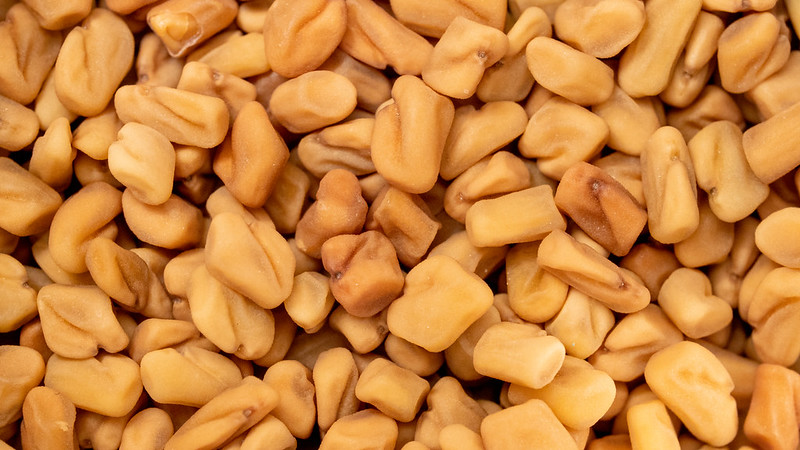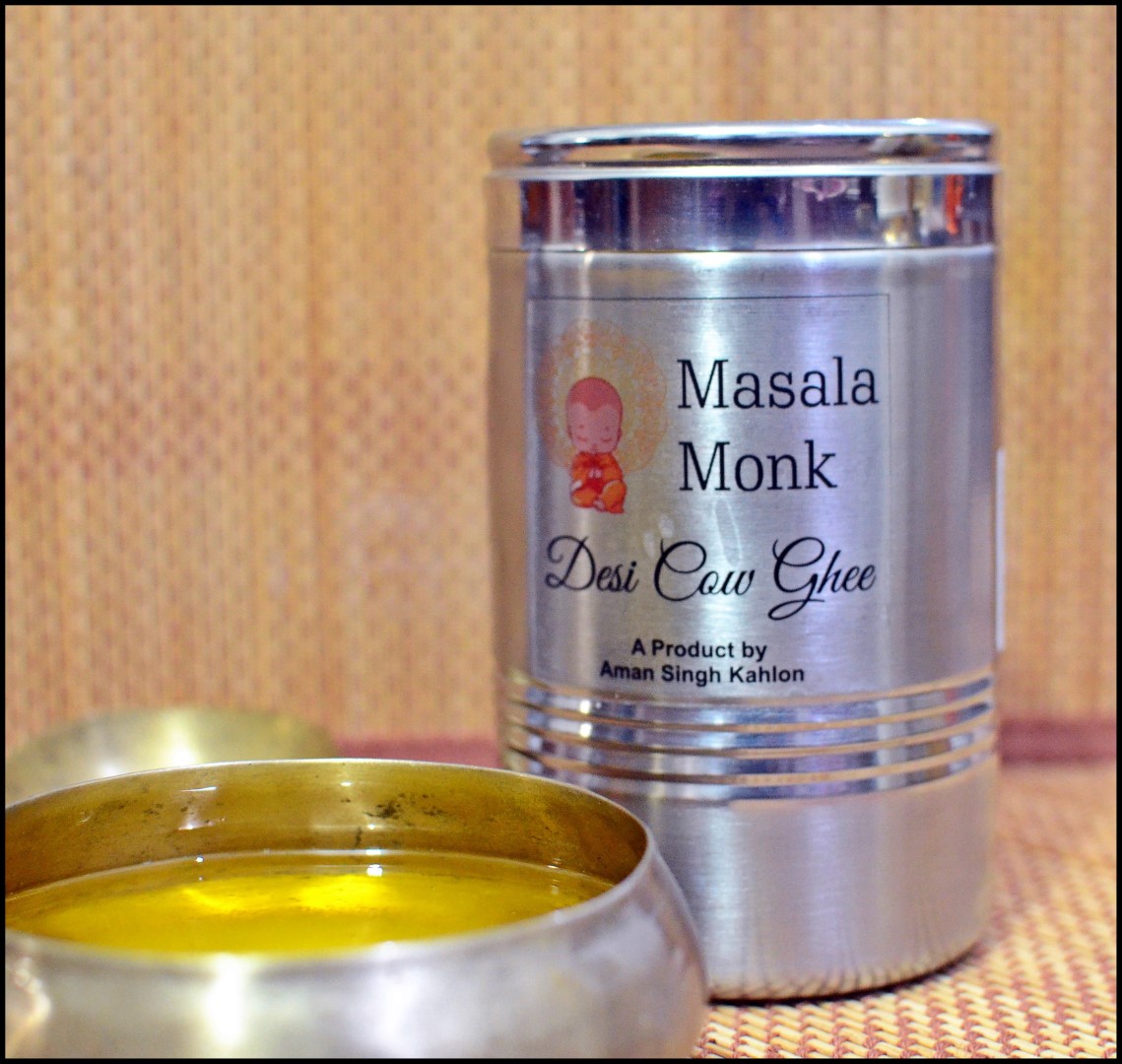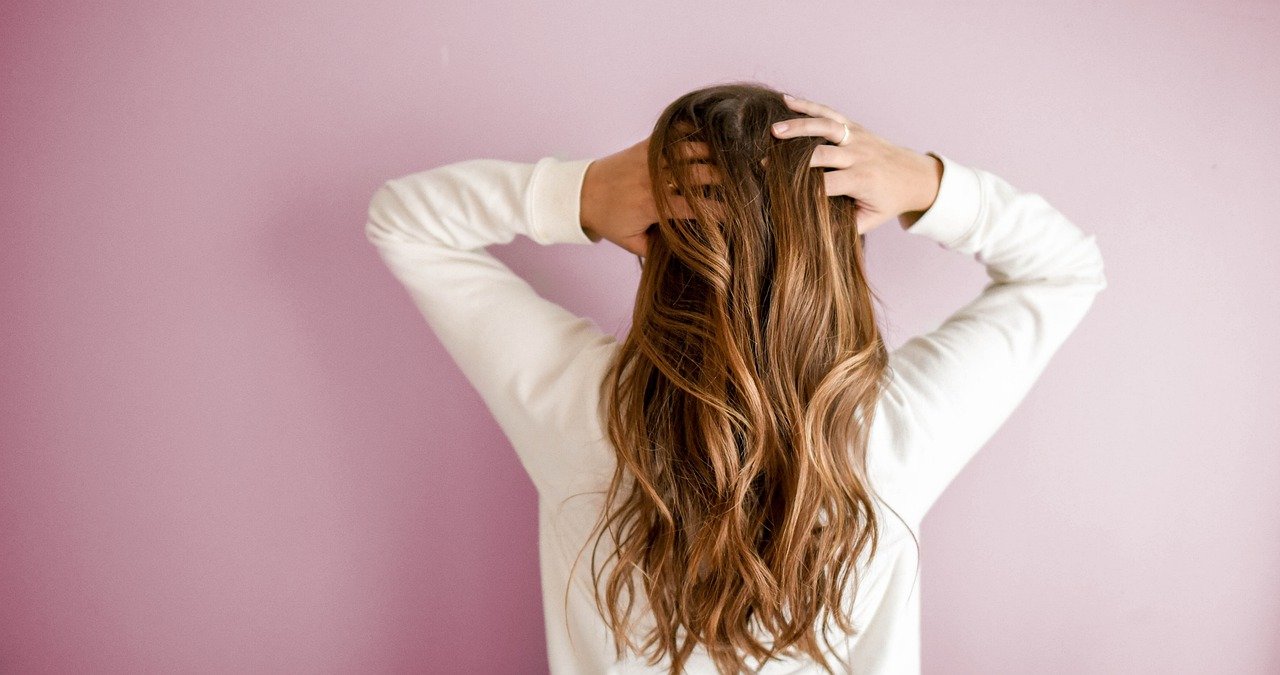
Coconut oil, a golden elixir extracted from the kernel of mature coconuts, boasts a rich history that spans millennia. In tropical regions, from the sun-kissed shores of Polynesia to the aromatic spice lands of the Indian subcontinent, the coconut tree has been revered as the ‘Tree of Life.’ These ancient civilizations recognized the multifaceted benefits of coconut oil. Beyond its culinary uses, it was a secret beauty potion, especially for hair care. Historical texts, ancient manuscripts, and oral traditions are replete with tales of women who relied on coconut oil to maintain their hair’s lustrous sheen, strength, and beauty.
Benefits of Coconut Oil for Hair
- Deep Conditioning: Coconut oil’s richness in fatty acids allows it to penetrate the hair shaft more effectively than other oils. This deep penetration nourishes the hair from within, providing unparalleled conditioning and preventing dryness and breakage.
- Protein Retention: Hair is primarily made up of protein. Coconut oil has a unique ability to help retain the hair’s natural protein content, ensuring it remains robust, resilient, and less prone to breakage.
- Scalp Health: The antimicrobial properties of coconut oil make it a formidable foe against common scalp issues. Regular application can ensure a dandruff-free, itch-free, and healthy scalp environment.
- Natural Shine: The regular use of coconut oil doesn’t just nourish the hair; it imparts a natural, radiant shine, making strands look vibrant and full of life.
- Protection Against Damage: Our hair faces daily challenges – from the sun’s harsh UV rays, environmental pollutants, to the heat from styling tools. Coconut oil acts as a protective barrier, shielding hair from these potential sources of damage.
Incorporating Coconut Oil: Modern-Day Practices
Frequency of Application: Finding the Right Balance
The beauty of coconut oil is its versatility, but how often should you use it? The answer lies in understanding your hair type:
- Dry Hair: Those with dry, brittle hair can benefit from 2-3 applications a week. This helps in restoring the hair’s natural moisture balance.
- Oily Hair: For individuals with naturally oily hair, once-a-week or bi-weekly applications might be ideal to prevent over-moisturizing.
- Normal Hair: For those blessed with balanced hair, a weekly deep conditioning treatment can maintain its health and vibrancy.
Overnight Deep Conditioning
For those seeking intensive treatment, leaving coconut oil in your hair overnight is a fantastic option. This extended period allows for deeper penetration of the oil, offering enhanced conditioning and nourishment. To avoid any mess, it’s a good idea to wrap your hair in a silk scarf or use a shower cap.
Swimming and Coconut Oil
If you’re a swimmer, coconut oil can be your hair’s best friend. Applying it before taking a dip can act as a protective layer against the drying effects of chlorine in pools and the salt in seawater. It preserves your hair’s natural oils, preventing it from becoming dry and brittle.
Safety with Color-Treated Hair
For those who love to experiment with hair colors, there’s good news. Coconut oil is not only safe for color-treated hair, but it can also enhance the vibrancy of the color and prolong its life. By providing added moisture and protection, it ensures that your color looks fresh and radiant for longer.
Heat Protection
While coconut oil can offer some level of protection against heat damage, especially from sun exposure, it’s essential to note that for high-heat styling tools like straighteners or curling irons, a dedicated heat protectant spray is recommended. However, applying a small amount of coconut oil can still provide a basic protective layer.
FAQs: Delving Deeper into Coconut Oil Queries
1. How long should I leave coconut oil in my hair?
The duration for leaving coconut oil in your hair depends on your hair type and desired results. For a deep conditioning treatment, you can apply coconut oil to your hair, leave it on for 30 minutes to a few hours, or even overnight. This allows the oil to deeply penetrate the hair shaft and provide maximum nourishment. However, those with fine or oily hair may prefer a shorter duration to prevent a greasy feel.
2. Can coconut oil prevent split ends?
While coconut oil cannot magically mend split ends, it can help moisturize and nourish the hair, reducing the likelihood of split ends occurring. Regular use of coconut oil as a part of your hair care routine can help maintain the health and integrity of your hair strands, potentially minimizing split ends.
3. Does coconut oil help with dandruff?
Coconut oil’s antimicrobial properties, specifically its lauric acid content, can help combat dandruff-causing fungi or yeast on the scalp. Additionally, its moisturizing qualities can alleviate dryness and flakiness associated with dandruff. For dandruff relief, gently massage a small amount of coconut oil onto your scalp, leave it on for a few hours, or overnight, and then wash it out thoroughly.
4. Can coconut oil promote hair growth in bald spots?
Coconut oil alone may not be a cure for bald spots or significant hair regrowth. However, its moisturizing and nourishing properties can help create a healthy scalp environment, which is essential for optimal hair growth. To address hair loss concerns or bald spots, it’s advisable to consult with a healthcare professional or dermatologist for a comprehensive evaluation and appropriate treatment options.
5. How often should I use coconut oil for hair conditioning?
The frequency of using coconut oil for hair conditioning depends on your hair’s specific needs and characteristics. For most individuals, applying coconut oil once a week or every two weeks as a deep conditioning treatment can be beneficial. However, it’s important to assess your hair’s response and adjust the frequency accordingly.
6. Can coconut oil repair damaged hair?
Coconut oil’s unique composition allows it to penetrate the hair shaft, helping to nourish and strengthen the strands from within. While coconut oil cannot magically repair damaged hair, it can help restore moisture, reduce protein loss, and improve hair’s overall appearance and manageability. Regular use of coconut oil as a part of a holistic hair care routine can contribute to healthier-looking hair over time.
7. Does coconut oil protect hair from heat damage?
Coconut oil’s high smoke point and protective properties can act as a natural heat protectant for the hair. Applying a small amount of coconut oil to the hair before using heat styling tools can help create a barrier between the hair and the heat, reducing the risk of damage. However, it’s important to note that coconut oil alone may not provide complete protection, and additional heat protectant products are recommended for optimal safeguarding against heat damage.
8. Can coconut oil be used as a leave-in conditioner?
Coconut oil can be used as a leave-in conditioner for some individuals, especially those with dry or coarse hair textures. Applying a small amount of melted coconut oil to the ends of damp or dry hair can help smooth frizz, add moisture, and enhance shine. However, those with fine or oily hair may find coconut oil too heavy as a leave-in conditioner. It’s essential to find the right balance for your hair type and experiment with different amounts to avoid greasiness.
9. Is coconut oil beneficial for curly hair?
Yes, coconut oil can be highly beneficial for curly hair. Its moisturizing properties help combat frizz and provide much-needed hydration to dry, curly strands. Coconut oil can also help enhance curl definition and promote overall hair health. However, as with any hair product, it’s important to find the right balance and adjust the quantity based on your curl pattern and preferences.
10. Can coconut oil reduce frizz in hair?
Coconut oil’s ability to penetrate the hair shaft and moisturize the strands can help reduce frizz and improve overall hair manageability. Applying a small amount of coconut oil to the ends of damp or dry hair can help smooth flyaways, control frizz, and provide a natural shine. Remember, a little goes a long way, so start with a small amount and adjust as needed.
11. Does coconut oil help with scalp itchiness?
Coconut oil’s moisturizing and soothing properties can provide relief from scalp itchiness. Its antimicrobial properties may also help alleviate itchiness caused by fungal or bacterial imbalances. To address scalp itchiness, gently massage a small amount of coconut oil onto the scalp, leave it on for a few hours, or overnight, and then wash it out thoroughly. If scalp itchiness persists or worsens, it’s recommended to consult with a healthcare professional or dermatologist for further evaluation.
12. Can coconut oil be used as a pre-shampoo treatment?
Coconut oil can be used as a pre-shampoo treatment, often referred to as “oil pre-poo.” Applying coconut oil to the hair before shampooing can help protect the strands from excessive moisture loss and minimize damage during the washing process. Massage a small amount of coconut oil onto the hair, focusing on the ends and more damaged areas, and allow it to sit for at least 30 minutes before shampooing as usual.
13. Does coconut oil prevent hair breakage?
Coconut oil’s moisturizing properties can help strengthen the hair shaft, reduce protein loss, and minimize hair breakage. Regular use of coconut oil can contribute to healthier, more resilient hair strands. However, it’s important to note that individual hair characteristics and practices, such as excessive heat styling or chemical treatments, can also impact hair breakage. A holistic approach to hair care, including proper nutrition and gentle handling, is key to preventing hair breakage.
14. Can coconut oil be used for hot oil treatments?
Yes, coconut oil is commonly used for hot oil treatments to nourish and condition the hair. To perform a hot oil treatment, warm a small amount of coconut oil and apply it to the hair, focusing on the ends and more damaged areas. Cover the hair with a shower cap or towel and allow the oil to penetrate for 15-30 minutes. Rinse thoroughly and follow with your regular hair care routine.
15. Is coconut oil safe for colored or chemically treated hair?
Coconut oil is generally considered safe for colored or chemically treated hair. Its moisturizing properties can help restore moisture and improve the overall appearance of chemically treated hair. However, it’s advisable to perform a patch test and consult with a hairstylist or colorist before using coconut oil if you have concerns about its potential impact on your specific hair color or treatment.
16. Can coconut oil help with hair loss due to hormonal changes?
While coconut oil cannot reverse hair loss caused by hormonal changes, it can contribute to maintaining a healthy scalp environment and supporting overall hair health. Coconut oil’s moisturizing properties and potential antimicrobial effects can help create an optimal environment for hair growth. However, for hair loss concerns related to hormonal changes, it’s important to consult with a healthcare professional for proper diagnosis and targeted treatment options.
17. Does coconut oil improve hair shine and luster?
Yes, coconut oil can help improve hair shine and luster. Its ability to moisturize the hair shaft and smooth the cuticles can enhance light reflection, resulting in shinier and more lustrous hair. Regular use of coconut oil as a part of your hair care routine can contribute to vibrant and healthy-looking locks.
18. Can coconut oil be used to define and enhance natural curls?
Coconut oil can be used to define and enhance natural curls. Its moisturizing properties help combat frizz, add moisture, and improve curl definition. To use coconut oil for enhancing curls, apply a small amount to damp hair, scrunching it upwards from the ends to the roots. Avoid using excessive amounts to prevent weighed-down or greasy-looking curls.
19. Does coconut oil protect hair from chlorine damage?
Coconut oil can provide a protective barrier for the hair when exposed to chlorine. Before swimming, apply a small amount of coconut oil to the hair to create a barrier that helps minimize chlorine absorption and potential damage. After swimming, make sure to rinse the hair thoroughly and follow up with your regular hair care routine.
20. Can coconut oil be used to treat an itchy or irritated scalp?
Coconut oil’s soothing and moisturizing properties can help alleviate itchiness and irritation on the scalp. Gently massage a small amount of coconut oil onto the scalp to soothe the irritation and provide relief. However, if scalp issues persist or worsen, it’s important to seek professional advice from a healthcare professional or dermatologist for proper diagnosis and treatment.
Conclusion
Coconut oil offers a range of benefits for hair, from nourishing and moisturizing to protecting and enhancing its natural beauty. Incorporating coconut oil into your hair care routine can contribute to healthier-looking strands, improved manageability, and overall hair health. Remember to consider your hair type, specific concerns, and individual preferences when using coconut oil, and adjust the quantity and frequency to suit your needs. Embrace the power of coconut oil and unlock the full potential of your hair!
Blog Tags: Coconut Oil, Hair Care, Natural Hair Care, Hair Health, Hair Conditioning, Hair Growth, Scalp Care, Hair Beauty

